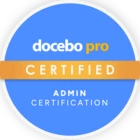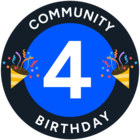Goal:
- Present tasks that need to be completed during onboarding that allow a person to ‘mark complete’ when they have completed something.
- Ideally present the tasks in a single place along side other onboarding elearning experiences
- Allow managers to view and track progress
- Changes to the task or task list would cascade across the system and not ‘version’, so out of date links don’t simply remain or need to be updated again and again
- Easy to set up and maintain so that it is not overwhelming for a functional team rep to maintain for their team
Examples:
- Task 1. Go to this website and set up your email signature based off of the templates
- Task 2. Speak with your onboarding buddy about getting on the appropriate distribution lists for monthly Team calls.
- Task 3. Get access to this application and then speak with your manager about how to set up your account.
What I’ve tried:
We previously had Degreed LXP. In Degreed anyone could write text, let’s say for a single onboarding task and add a link, and that ‘task’ would display in a list with a ‘mark complete’ button. Overall, this was a very easy experience for anyone who needed to create a onboarding task list for their team. We saw teams own and manage the work, and they were very pleased with the systematic nature of the list as opposed to relying on Excel files.
In Degreed, the learner would click ‘mark complete’ after reading the text and completing the task. This feels close to a Docebo self-observation checklist, except that the list in Degreed would update across the system, where as a Docebo self-observation checklist appears to version if an update is made. That means that a person could have an out of date Docebo self observation checklist. Most confusingly, it doesn’t seem like we can tell who has which version of a checklist, so we wouldn’t know across the board who had wrong information if something gets updated.
Right now we are converting some of our Degreed pathway (task lists) into Docebo Courses. Each ‘task’ is being set up as a HTML training material. A training material in the Central Repository for a HTML page will update anywhere in the system where it is being used, and if we update a ‘course’ it will update for anyone who views the course. However, an HTML training material moves to a completed status as soon as the page is viewed.
Managerial visibility to progress in Degreed wasn’t good. With a Docebo course, there is better visibility to progress. With a self-observation checklist there is no visibility to progress until the entire checklist is submitted it seems.
It doesn’t seem like anything really fits what we are trying to do, but what we are trying to do feels so basic.
Question: How are you sharing ‘task’ based actions with learners that you want them to check off they have done?
Thank you!





